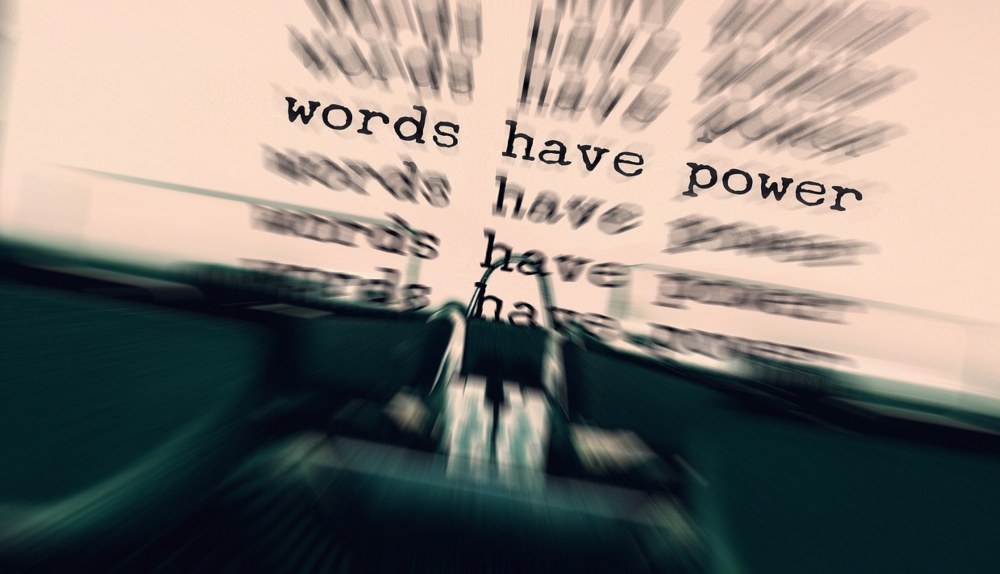
In early December, President Joe Biden warned Russian President Vladimir Putin that the West would impose “strong economic and other measures” on Russia if it invades Ukraine. Just before Christmas, a senior Biden administration official said, “further aggression against Ukraine, that will have massive, massive consequences and will carry a high price,”
Undeterred, Putin continued his military buildup on the Russia- Ukrainian border. On December 22, 2021, he stated that Russia’s not invading Ukraine will hinge on “unconditional compliance with Russian security demands” regarding NATO expansion to the east.
The Biden administration is now laboring to frame an even tougher rejoinder.
Military action is precluded for two reasons. “It is insanely expensive,” warned Senate Majority Leader Charles Schumer. “We just authorized $778 billion for the military in in 2022. And that assumes they do nothing. If we actually use the military, spending rises to the gazillions.” Schumer fears the optics on inflation and inflation from such spending, which would be devastating for Biden’s approval ratings.
However, he dismisses the possibility that such spending might possibly hurt the economy. “Even worse than headlines about deficits and inflation, we would probably lose the war,” Jake Sullivan, Biden’s national security adviser, said. “George W. Bush established a new political rule: lose your war in your second term. First get re-elected, then you can negotiate surrender.” Following this rule, Biden’s advisors believe a war in the Ukraine is feasible only after the 2026 mid-terms.
With the military threat temporarily off the table, Biden is relying on forceful language to restrain Putin, but Biden’s advisors are bitterly divided. The Adjectival School, favored by the career diplomats, advocate strengthening Biden’s message by placing a triple adjective before every warning, for example, “further aggression against Ukraine will have massive, massive, massive, massive, massive, massive consequences and will carry a very, very, very high price.”
On the other hand, the Hawks of the Sarcasm School claim the only the thing the Russians fear is ridicule. They have drafted diplomatic notes saying, “Oh boy, are we scared. We greatly fear a country whose national dish is borscht. OMG! Some day you guys might manufacture men’s suits that fit. Then we couldn’t identify Russian spies by their two-inch gap in their jacket collar. We’re terrified.”
Administration sources expect a compromise, with three adjectives being added to every sentence in the Sarcastic diplomatic note. Biden will also threaten Russia with cataclysmal economic sanctions. Though fiercely opposed by the banking lobby, the Treasury Department may propose a 25% excise tax on all Russian cyber ransom payments.
“If that doesn’t work, we may have to use the nuclear option, canceling Amazon Prime membership for all Russian citizens,” said Secretary of the Treasury Janet Yellen. “Russia will crack in two weeks once their people cannot get next day delivery of canned borscht or ill-fitting clothing.”
Discover more from Post Alley
Subscribe to get the latest posts sent to your email.

Love your three-adjective theory of diplomacy. It wouldn’t have impressed one of my old editors who used to kill off all adjectives and to rail against the use of “very” as in “very tough sanctions.” He’d say, “Change very to ‘f-ing’ and then the copy editor can kill it.”
Biden badly needs a better speechwriter, or he needs to stop giving so many unconvincing speeches. Block those adjectives and adverbs!